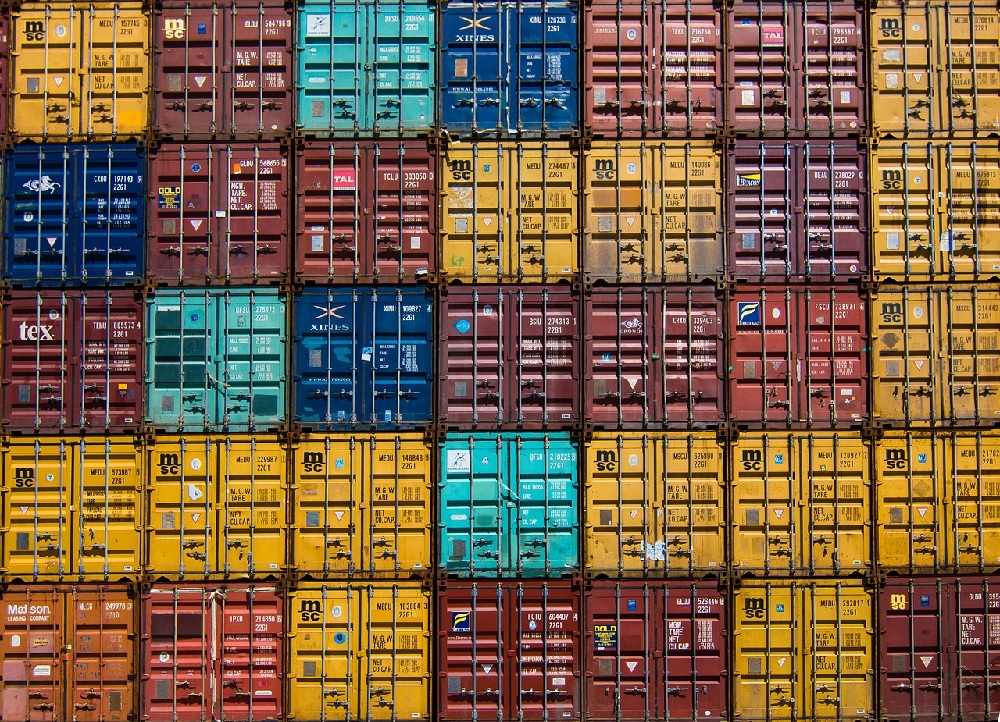At the recently concluded 30th ASEAN Summit, ASEAN leaders reaffirmed the need to increase intra-regional trade and investment. The grouping’s move to strengthen its trade and investment linkages comes at a time when many fear that there is a growing inward-looking mood in several of the world’s major economies.
The recent ASEAN Summit saw good progress in negotiations on the ASEAN-Hong Kong Free Trade Agreement (FTA), targeted for completion within the year. ASEAN leaders also welcomed the launch of formal talks on a framework for the proposed FTA between the ASEAN and the European Union, establishing the perimeters of the deal. Currently, ASEAN already has FTAs with Australia, China, India, Japan, Korea and New Zealand.
The rising number of ASEAN FTAs is a positive sign of progress and growth in trade for Southeast Asian economies. Within the ASEAN grouping itself, the region’s own ASEAN FTA (AFTA) has brought down tariffs to the 0 to 5 per cent range on more than 99 per cent of goods since its establishment in 1993.
However, despite ASEAN’s best efforts, non-tariff measures (NTMs) are still on the rise. NTMs are policy measures other than ordinary customs tariffs that affect the import and export of goods. These can take various forms, including sanitary or environmental protection measures, or the need to apply for licenses for imports.
For example, following the bird flu outbreak in the 2000s, Singapore only allows the import of poultry and eggs from disease-free zones. Biosecurity measures must be implemented at the farms themselves, and Singapore carries out inspection and sampling at points of entry. While such regulations prioritise the health and safety of Singaporeans, it may be unfairly perceived as a protectionist NTM by others.
As such, some NTMs will always exist to ensure quality control, meeting public demand for traceability and protection against health and environmental hazards. The key is not to focus on removing NTMs, but rather to improve coherence and knowledge of each country’s NTMs to facilitate smooth trading.
A case for transparency
A discussion paper by the Economic Research Institute for ASEAN and East Asia (ERIA) stresses the importance of transparency with regards to NTMs. There is a need to ensure accurate data and open dissemination.
Data, along with deeper regulatory information, must be readily available on each country’s trade portal. This information must be updated frequently.
But even if data is available, retrieval by firms in other countries may be difficult because of the lack of a set method or platform for countries to exchange such information. Imperfect knowledge of regulations complicates the trading process and increases costs. The lack of regulatory transparency is a major obstacle for businesses trading internationally.
ASEAN nations could overcome this hurdle with the ASEAN Single Window (ASW), a regional initiative to connect each ASEAN country’s National Single Window (NSW) systems. The system will provide a technical and legal framework for exchanging trade data like certificates of origin and expediting customs clearance for cargo. The ASW is also intended to foster transparency of trade-related procedures and regulations amongst ASEAN states.
Indonesia, Malaysia, Singapore, and Thailand are already making use of the ASW to some degree, with other ASEAN members expected to progressively follow suit. But beyond government agencies, the ASW initiative requires significant participation by national and international businesses as well.
However, there is still some reluctance to implement transparency when it comes to NTMs – countries may fear of exposing themselves to criticism or accusations of excessive regulation. Some estimates say there were over 5,000 NTMs in place across the ASEAN states in 2015, but less than 2,000 of them were reported to the World Trade Organisation (WTO).
There is therefore a need for a multi-stakeholder approach in not just the collation and dissemination of information on NTMs, but also in potential reforms of existing measures. This is especially important as ASEAN and its FTA partners work towards the establishment of the wider region-wide Regional Comprehensive Economic Partnership (RCEP) trade deal.
Source:
Facilitating ASEAN trade in goods [ERIA, 2016]




